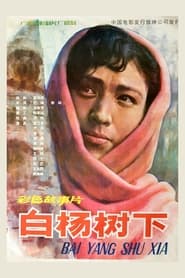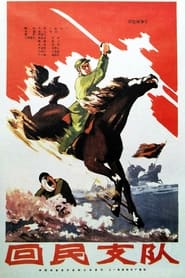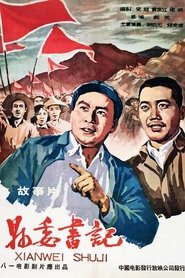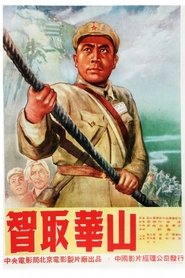detail profile jia liu
Peran Yang Di Mainkan Jia Liu
 The story is based on the...
The story is based on the...The Romance of Book and Sword 1987
The story is based on the popular novel developed from folk legend. It goes that the Manchurian emperor Qianlong of China (circa 18th Century) was actually the son of a Han Chinese, the subject ethnicity. His brother of blood, Chen Jialuo just happened to be the chief of the Red Flower Society, an anti-Manchu secret society. Chen, a learned scholar, thought he could get his brother turn his back on the Manchu and restore the Han Chinese reign. But the story was ended by brutal clearence of the society members. It reflects one of the dark pages in Chinese culture, that ethics and humanity always become impotent when countered with power.
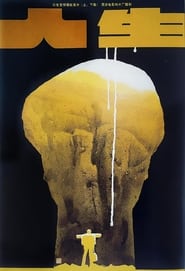 Adapted from the novel with the...
Adapted from the novel with the...Life 1984
Adapted from the novel with the same title. This is a tragedy that occurs in modern China. By a vivid description of the frustrated life story of Gao Jialin, a high school graduate who is first dismissed from teaching post and then enrolled as a journalist in the city and finally dismissed from the post and become a farmer again, this movie presents the young man as a serious issue of how to deal with their life.
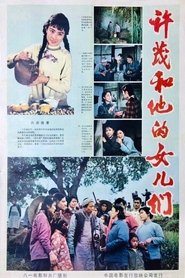 Based on Zhou Keqins excellent novel...
Based on Zhou Keqins excellent novel...Xu Mao and His Daughters 1981
Based on Zhou Keqin's excellent novel, Xu Mao and His Daughters weaves a story about the life and sufferings of Xu Mao, an aging peasant and his four daughters in the countryside during the Cultural Revolution. They struggle to make ends meet since his wife's death. Preoccupied with worries, he loses touch with his maturing daughters. It takes the stubborn but kindly intervention of a woman making a governmental inspection tour to cause father and daughters to appreciate their loving family.
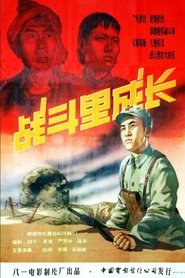 After being swindled out of his...
After being swindled out of his...Zhan dou li cheng zhang 1957
After being swindled out of his land by a local landlord in 1930s China, a grandfather commits suicide. His son burns down the landlord's house in a fit of rage, then escapes to join the PLA. His grandson later joins the PLA too in the 1940s to avenge his father, grandfather and mother.
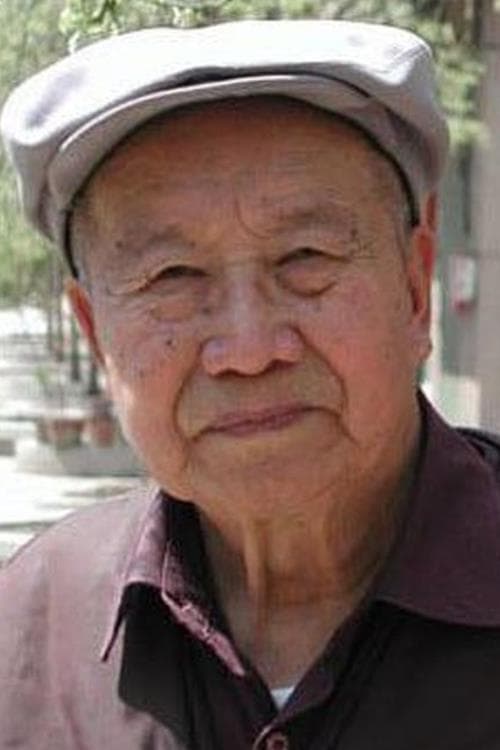
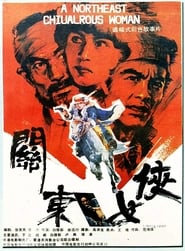 A teenage girl during Japanese occupation...
A teenage girl during Japanese occupation...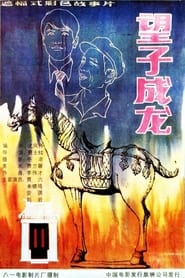
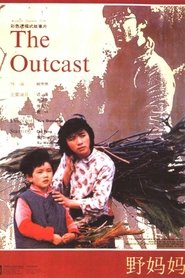 A kindhearted village girl attempts to...
A kindhearted village girl attempts to... When the villagers in Qingshuilian village...
When the villagers in Qingshuilian village...